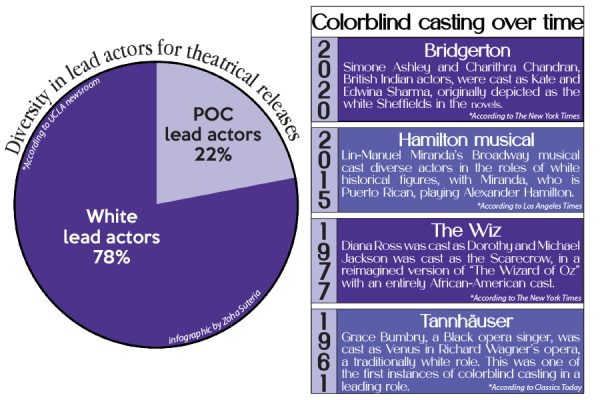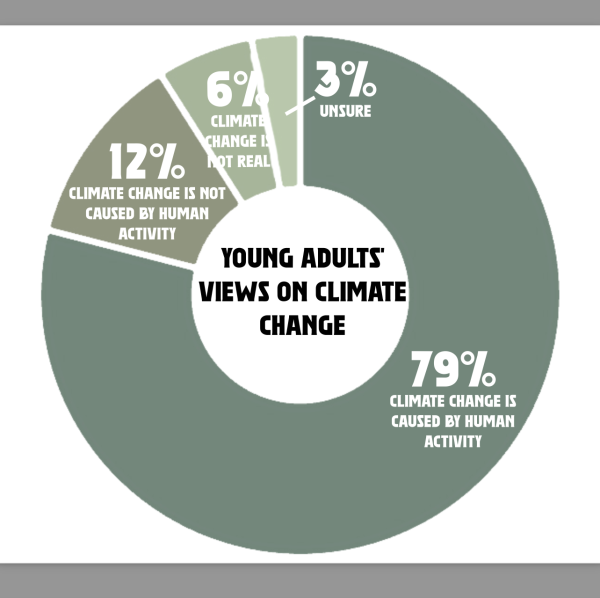The attack on women’s sports
April 23, 2021
“Women’s sports are under attack!”
“It’s the end of women’s sports!”
When President Joe Biden issued his “Executive Order on Preventing and Combating Discrimination on the Basis of Gender Identity or Sexual Orientation,” which stated that public schools must allow transgender athletes to compete with their self-identified gender, these became rallying cries for many attempting to defend women’s sports and insisting that transgender players would soon come to prevent cisgender women from succeeding in their own leagues.
I am not a transgender student, but I have been a female athlete. And let me tell you, women’s sports are absolutely under attack.
From historic underinvestment.
And unaddressed disparities.
And a culture that doesn’t support them.
And those who co-opt the movement of supporting women’s sports if it means they can attack transgender athletes.
We need to support women’s sports all of the time and not just when it suits a need to fear monger about an already marginalized group. Let transgender athletes play, and start addressing the real issues facing women’s athletics.
The claim that transgender athletes will somehow bring down women’s sports simply has not proven to be true.
In 2017, the Illinois High School Association (IHSA) used a system in which transgender athletes had to formally request on a case-by-case basis if they wanted to play with the gender they identified with. According to NBC5 Chicago, as of May, only nine transgender athletes in Illinois had made such requests for the 2017 sports seasons.
That’s right. Nine athletes. Many of them were transgender men seeking to play in men’s leagues, not the other way around.
Not only is this group too small to bring about an Armageddon of women’s athletics, but as one easily could predict, this did not bring about any issues for female athletes during the 2017 sports season or any since.
The issue is not this small group of well-meaning athletes who just want to play their sport. The issue is those who rushed to “defend” women’s athletics after this executive order but were silent in instances where there were actual instances of disparity in women’s athletics, like the recent events this March.
At the start of the National Collegiate Athletic Association (NCAA)’s “March Madness” 2021 tournament, Ali Kershner, a performance coach at Stanford University, and Sedona Prince, a player on the Oregon Ducks women’s basketball team, both shared a series of posts showing the unequal treatment between male and female athletes at the tournament.
The women were given less merchandise, lower quality meals and drastically different equipment in terms of weight training. The women were provided with a single rack of dumbbells whereas the men had a fully-equipped weight room.
Unlike differences between athletes in the National Basketball Association (NBA) and the Women’s National Basketball Association (WNBA), which are at least explained by the vastly different amounts of revenue that they generate, the NCAA is a non-profit organization.
The NCAA later provided the women with more equipment, but thee problems in equity between men’s and women’s leagues are the kinds of disparities in treatment, on various scales, that female athletes have had to get used to.
Female athletes want you to speak up in instances like this when they are blatantly being treated unfairly. They want you to turn on a game. They want you to support their leagues and buy their merchandise. Needlessly attacking small groups of transgender athletes and making overblown claims about their threat to women’s sports is not helping anyone.
Fear mongering about transgender athletes in bad faith is not supporting women’s sports. Promoting equity and opportunity is.
Women’s sports are under attack, but those who wield the swords are the ones who only care about female athletics if it means they can attack transgender students who just want to play the game they love.














